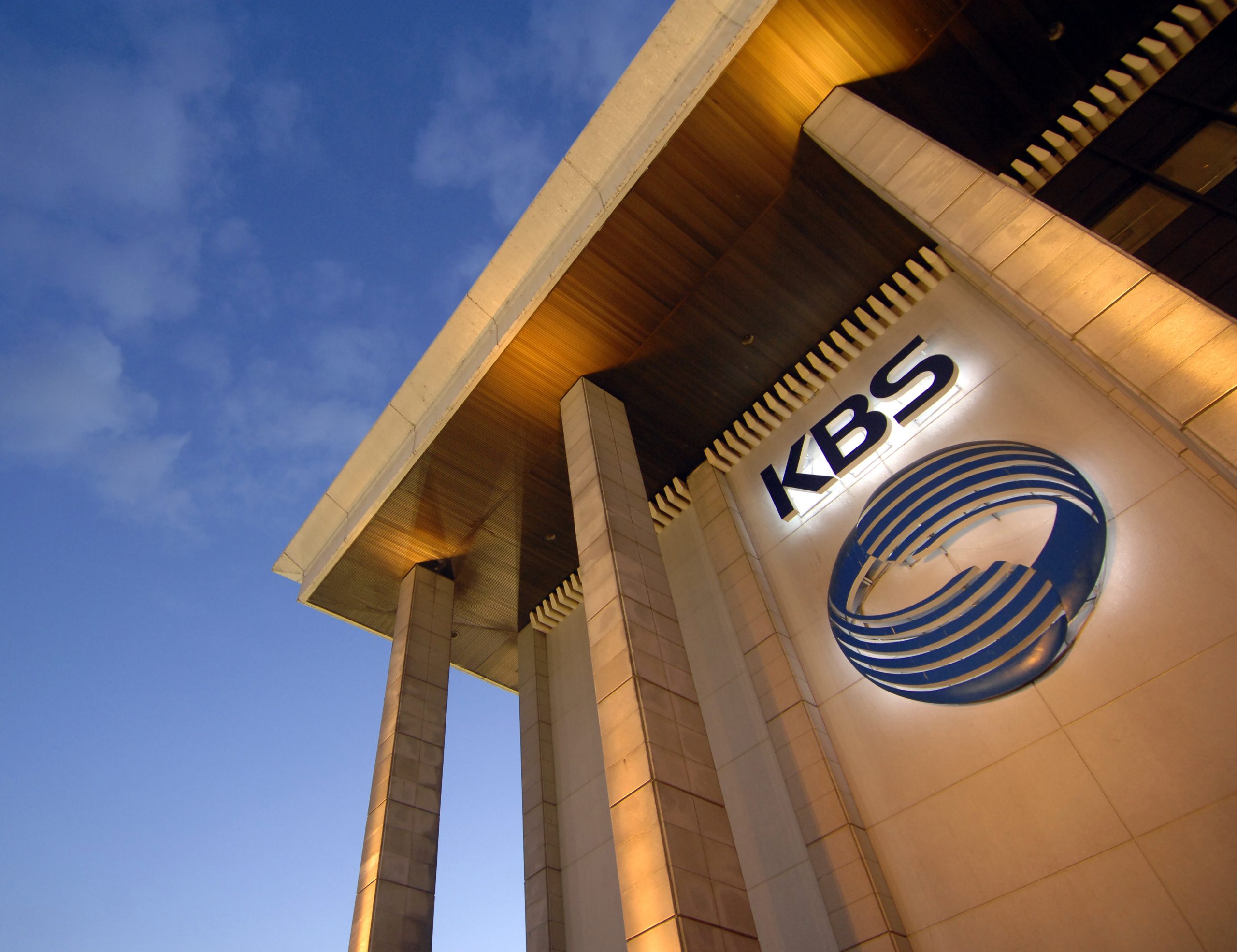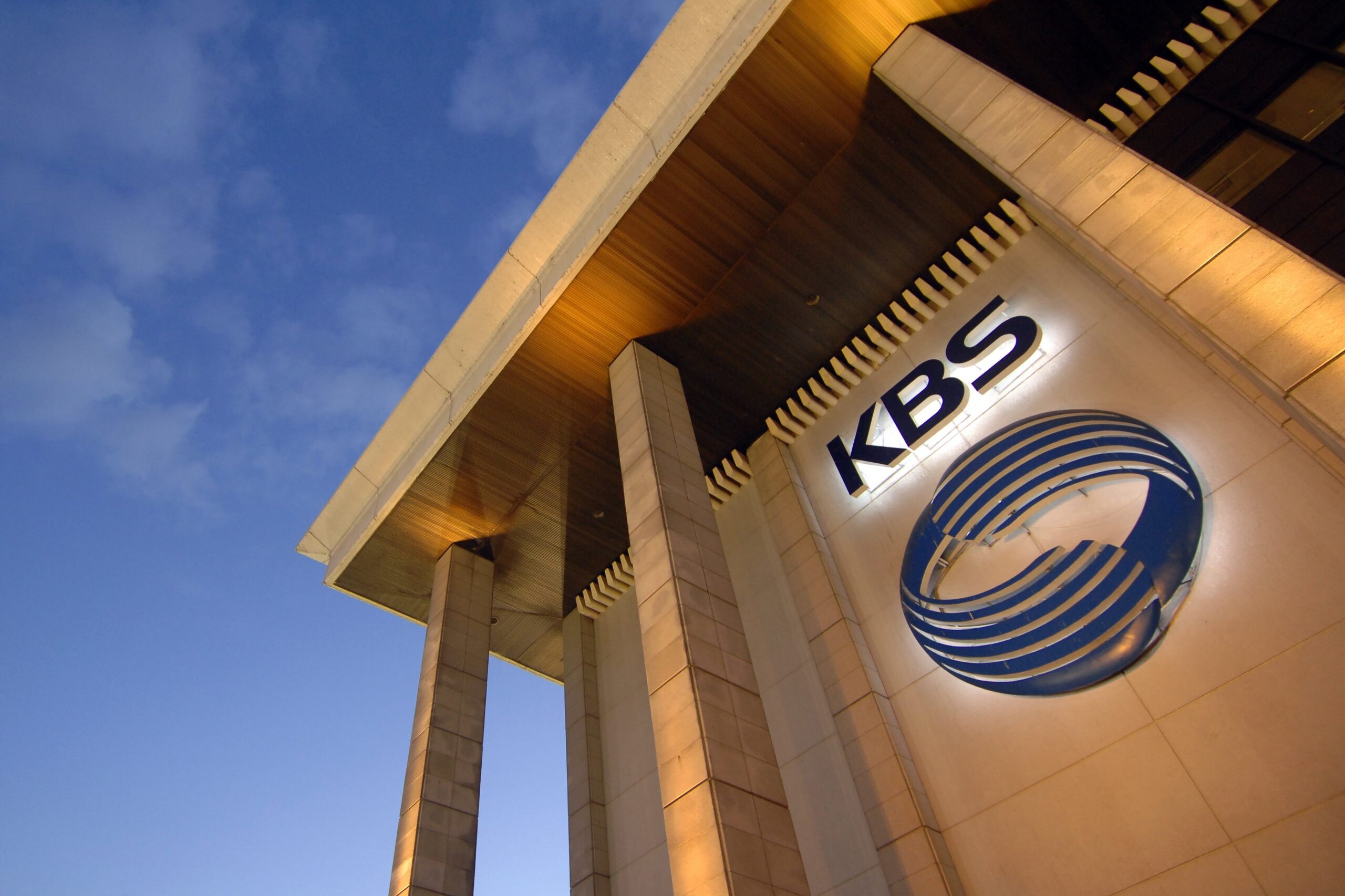Update: No end in sight for crisis facing KBS
5th September 2023
It appears the crisis facing the South Korean public broadcaster KBS is not going to end anytime soon, with unusually swift political approvals for changes to its funding mechanism and the sudden dismissal of its Chairman.

IN BRIEF:
- Swift amendments to the licence fee collection method could lead to drastic financial losses for KBS.
- There have been rapid changes to the KBS board in favour of the ruling Conservative Party.
- There is a risk of fewer licence fee payments.
- Collectively, the changes pose a risk to the provision of quality news and information by South Korean public media.
QUICK TAKE:
PMA remains concerned by rapid changes to public broadcaster KBS’s board of directors and the broadcasting watchdog KCC through personnel dismissals and appointments.
IN FULL:
The Korean Broadcasting System (KBS), South Korea’s largest public broadcaster, has declared a state of emergency over its finances, after the government approved significant changes to its funding mechanism. KBS will no longer receive licence fee income through collections via the Korean Electric Power Corporation (KEPCO), following the rapid approval of a presidential decree in June.
Up until August 2023, licence fees were collected by KEPCO at the same time as citizen’s electricity bills. However, in an alleged concern for fairness towards its citizens, the ruling conservative party proposed a fundamental alteration to the Broadcasting Act, that would end the agreement between KBS and KEPCO, leaving KBS no choice but to find a new solution to collect their licence fees independently.
The concern regarding this fundamental amendment is that not only would it lead to a serious drop in fees collected, but KBS would have to spend more than 200 billion Won (more than €140 million) to build new delivery infrastructures and elaborate a different collection method, which would greatly impact the services offered by KBS.
The management of the public broadcaster have expressed fears that a new financial mechanism could result in fewer households paying the broadcasting tax.
A state of emergency
KBS has since declared a state of emergency for the broadcaster, meaning that loss-making programmes such as the production of documentaries and classical music radio could be eliminated and new initiatives would be suspended for the time being.
Meanwhile, the dismissal of two authority figures among KBS’s board of directors and broadcast regulator KCC raise significant independence concerns, especially since the appointed replacements are known to be close to the ruling conservative party.
After several proposals to replace Nam Young-Sin as Chair of the KCC, South Korea’s President Yoon appointed, without parliamentary consent, his external affairs advisor and former spokesperson of the Blue House and senior presidential secretary for press affairs under the Lee Myung-Bak administration, Lee Dong-Kwan.
Listen toour podcast
Uncovering and exploring the biggest
issues facing public media
The controversial appointment of Lee Dong-Kwan has been highly criticised, not only because of his clear affiliation to the ruling conservative party, but also because of his alleged use of influence to suppress media freedom when he worked as a spokesperson for the president between 2008 and 2013.
A few days before his official nomination as Chair of the KCC, Lee Dong-Kwan attracted the ire of the press in a statement of his belief of a necessity to “educate and nurture warriors for conservative ideas”. As such, his competence as chair of a watchdog body such as the KCC has been questioned, as the mission of the KCC is to support the independence of broadcasters.
The Democratic Party of Korea – the main opposition – as well as the Liberal Democratic party voiced their disagreement with the appointment of Lee Dong-Kwan, stating that it reveals the intention of president Yoon to control the broadcasting stations.
The reshuffling of personnel also includes the board of directors of KBS, with the very recent appointment of former Constitutional Court Judge, Seo Ki-Seok, who will replace Nam Young-Sin as Chairman and switch the political balance among the board by 6 seats-to-5 in favour of the ruling party.
ANALYSIS:
The Public Media Alliance remains highly concerned by the significant and rapid changes to KBS’s funding mechanism and governance. While amendments to the broadcaster are not uncommon following changes in government, the severity of, and the motivation behind, these changes are potentially disastrous for audiences who look to KBS as a viable and trusted source of independent news and information.
Related Posts
29th July 2023
Confusion and control: the ongoing crisis facing KBS
Consumer confusion has reigned after…
6th July 2023
KBS Raises Issue with KCC’s Approval of Changing License Fee Collection
KBS has appealed the decision by the…
9th June 2023
KBS Chief Presses President Not to Alter License Fee Collection
The head of KBS has urged the…
7th March 2023
Global Task Force for public media congratulates South Korea’s KBS on its 50th anniversary
KBS has been shaped by a complex…


